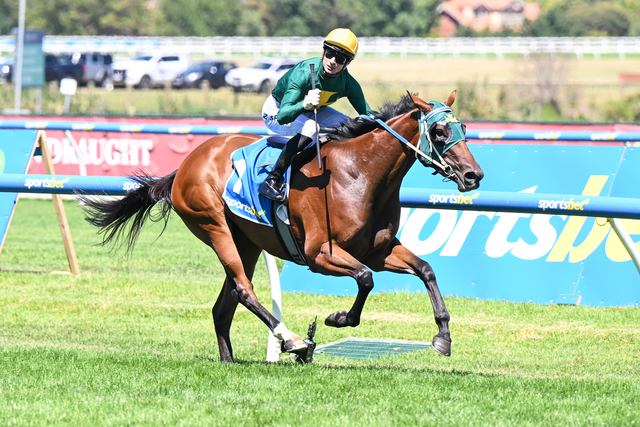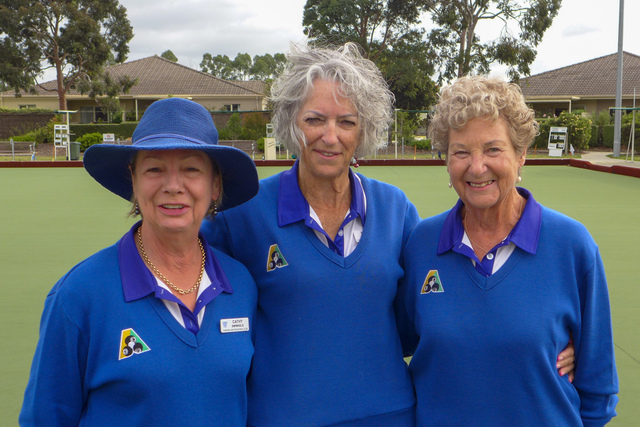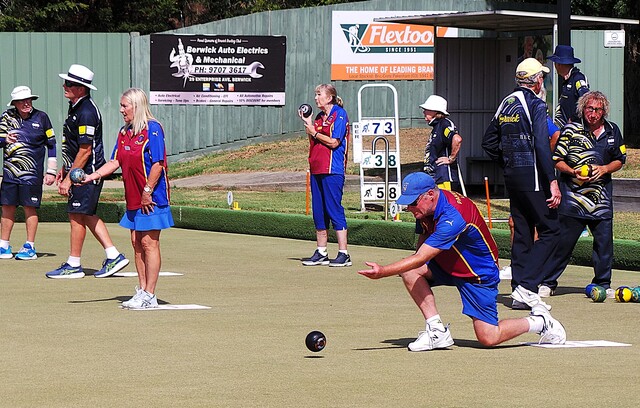Gippslanders are being urged to protect themselves and their loved ones against flu and RSV, as the region is experiencing a surge in case numbers this season.
According to data from the Gippsland Region Public Health Unit, there has been a sharp spike in flu numbers in the past two months, with 50 per cent more cases from this time last year.
One third of these flu cases have been in people aged over 60.
RSV has also been on the rise with one-and-a-half times more cases in Gippsland in June this year compared to the same time last year. Half of these cases have affected kids under five.
GRPHU public health physician Dr Shereen Labib said RSV and flu season began early this year and case numbers were still increasing in Gippsland.
“RSV can make babies and elderly people very sick, and flu can cause severe illness in children, pregnant women and elderly people,” Dr Labib said.
“The RSV and flu seasons are not over yet, so it is not too late and it’s also easier than ever to get vaccinated. The vaccines will protect you against severity and hospitalisation.”
Respiratory syncytial virus, or RSV, is a common virus that affects the airways and lungs, occurring more frequently in the colder months. It affects people of all ages but especially babies and toddlers, and is one of the frequent causes of the common cold and ear infections. However, RSV can also lead to more serious conditions such as bronchiolitis, pneumonia, or croup
and can also worsen pre-existing heart or lung problems such as heart failure or asthma. Free RSV vaccines are available for pregnant women, babies under eight months, Aboriginal and
Torres Strait Islander babies and toddlers, as well as toddlers at risk of severe RSV. Public aged care residents can also get a RSV free vaccine. It is also available for a fee through your
GP for eligible people. Fu vaccines are now available for anyone over six months.
The flu vaccine is free for pregnant women, kids between six months and five years, people over 65, Aboriginal and Torres Strait Islander people, and those with certain medical conditions.
Dr Labib said it was important for anyone with any cold or flu-like symptoms to take a simple RAT (Rapid Antigen Test) for early detection and treatment for eligible people.
“A single multiplex RAT can detect flu, RSV and COVID all at once, and it’s easy to pick one up from your local chemist,” she said.
“These diseases can spread very easily from person-to-person through coughing, sneezing, or touching contaminated objects and surfaces.
“The viruses can survive on objects and surfaces for several hours, so it is important to practice good hygiene such as cleaning and hand washing.”

















